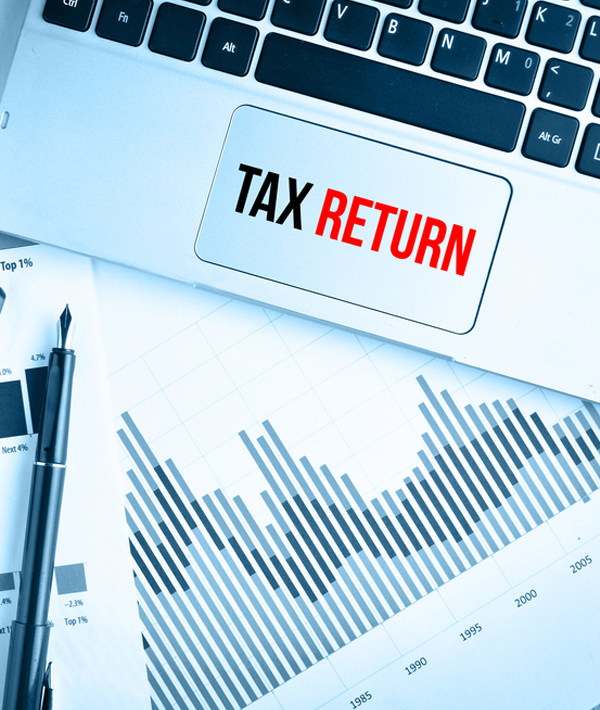Self Assessment Returns
Self-assessment tax returns are a necessary part of tax compliance for many individuals such as self-employed people, company directors, and high earners. This is one of the way to report your income, expenses, and other financial information to HMRC, and calculating how much tax you owe.
Why do I have to file a Self assessment tax return?
There are several reasons why you may need to file a self-assessment tax return, including:
- You are self-employed: If you work for yourself, you will need to report your income and expenses to HMRC through a self-assessment tax return.
- You are a company director: If you are a director of a limited company, you will need to file a self-assessment tax return, even if you are an employee of the company.
- You are a high earner: If your income exceeds a certain threshold, you will need to file a self-assessment tax return.
What to declare in Self assessment tax return?
Self-assessment tax returns generally include the following information:
- Income: You will need to report all sources of income, including self-employment income, rental income, dividends and investment income.
- Expenses: You can deduct certain expenses related to your business or employment from your income to reduce your tax bill.
- Tax reliefs: You may be eligible for certain tax reliefs, such as charitable donations or pension contributions.
- Capital gains: If you sold any assets, such as property or stocks, you will need to report any capital gains or losses. Capital gains tax on residential property is declared through separate Capital Gains tax return.
Working with an experienced accountant can help ensure your return is accurate and compliant with HMRC’s regulations.Let us handle your tax matters and call us today on 0333 1333537 or complete our online enquiry form.




